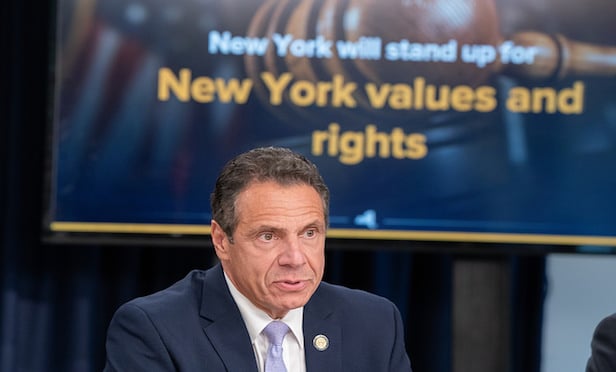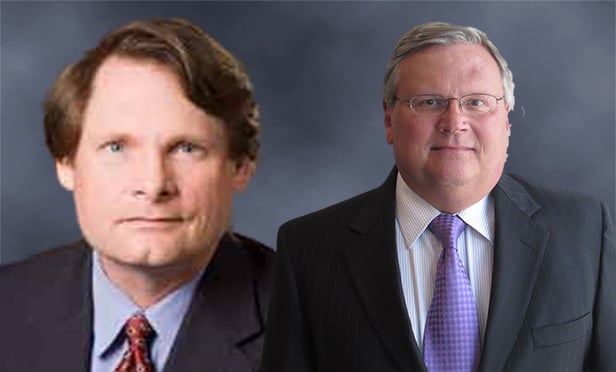CHICAGO—The city's commercial property taxes are the second highest in the nation, second only to Detroit, but the persistent pension crisis could cause a further increase, according to the latest monthly report by MBRE. The $590 million pension problem, “in combination with a hot investment sales market in which the Cook County Assessor's office will likely raise taxable property values across the board,” means “commercial landlords should be concerned at what new and increased taxes will do to the bottom line,” the firm notes.
In fact, to fully avoid the discretionary budget cuts necessary to solve the deficit, commercial property taxes would have to be increased by 71.6%. The largest recent tax hike by a major city was a 36% boost by Atlanta, but an equal hike in Chicago would still leave a $293 million funding gap. “Both figures reflect a harsh but true reality,” MBRE says. “There are no easy answers to Chicago's debt.”
The firm's researchers tracked the tax and operating expenses of representative buildings across every submarket and class, and found that these average combined costs have already hit a six-year high of $14.24 per square-foot, an increase of 3.7% since 2012. Class A expense hit $16.67 and classes B and C were at $11.88.
“In the last year, expenses have risen sharply in the Central Loop and West Loop reflecting the high valuations and volume of sales in those markets,” the researchers note. At $15.75, North Michigan was on average the most expensive submarket. But the East Loop and River North actually saw marginal decreases.
However, operating costs for class A properties in River North have been steadily rising and, at $18.78, are the highest in the CBD. The firm attributes this to “the addition of trophy class A properties such as 353 N. Clark St. and 300 N. LaSalle St.”
But even with these increases, the downtown has become quite vibrant, attracting both thousands of new workers from the millennial generation, and deep-pocketed investors eager to take part in the CBD's healthy office market. “There is a clear balance to be struck in crafting tax policy which is inviting to growing corporate interests, while not over burdening individuals and cutting the benefits and services Chicagoans enjoy,” the researchers note. “In a city which already has the highest sin tax as well as the second highest sales tax in the country, the balance is a delicate one.”
Continue Reading for Free
Register and gain access to:
- Breaking commercial real estate news and analysis, on-site and via our newsletters and custom alerts
- Educational webcasts, white papers, and ebooks from industry thought leaders
- Critical coverage of the property casualty insurance and financial advisory markets on our other ALM sites, PropertyCasualty360 and ThinkAdvisor
Already have an account? Sign In Now
© 2024 ALM Global, LLC, All Rights Reserved. Request academic re-use from www.copyright.com. All other uses, submit a request to [email protected]. For more information visit Asset & Logo Licensing.








